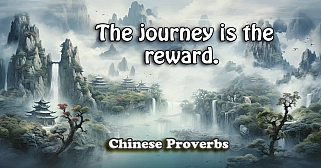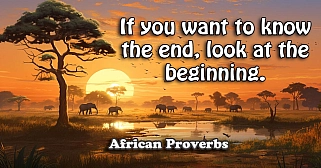Anonymous Quotes: Wisdom Without Attribution
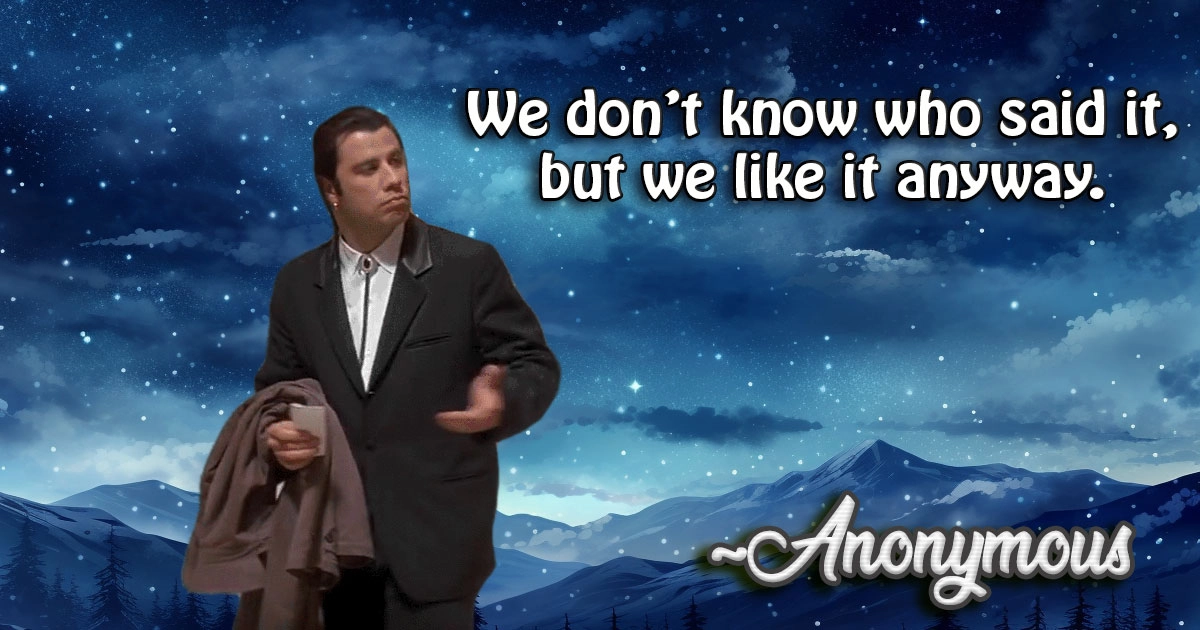
Words That Belong to Everyone
In the world of words and ideas, some quotes stand apart—not for their authorship but for their ability to speak to our common human experience. Anonymous quotes, whose origins are unknown or unrecorded, have a special place in our shared history. Unanchored by names or titles, these words are free to roam, to be borrowed, and to resonate in a way that’s deeply personal and universal at the same time.
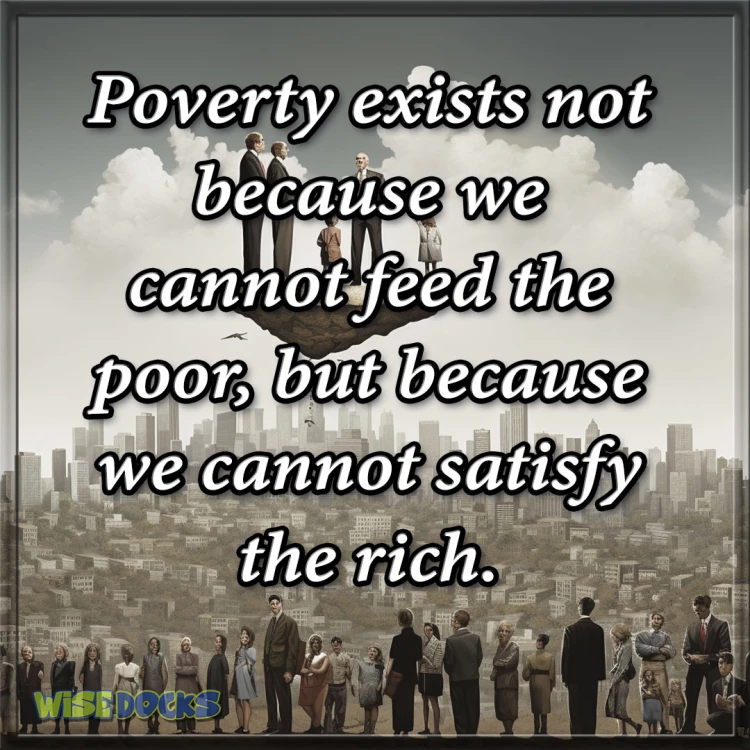
What Makes Anonymous Quotes So Special?
The magic of these quotes lies in their ability to reflect what it means to be human. Because they lack a specific voice behind them, they become more than just someone’s opinion; they become pieces of wisdom, small reminders of the thoughts and emotions we all share. Take a quote like, “This too shall pass.” No one can say for sure where it came from, but its message of endurance and hope has provided comfort to countless people in times of trouble.
Everyone’s Voice, No One’s Name
Anonymous quotes have an uncanny ability to democratize wisdom. Without a face or a name tied to them, they speak to everyone equally. There’s no baggage of historical context or author reputation to cloud their meaning. The focus shifts to the words themselves—simple, direct, and often profound. Phrases like “Actions speak louder than words” or “Be the change you wish to see in the world” may feel like familiar advice, but their impact comes from the fact that they aren’t preaching; they’re simply stating truths that belong to no one and everyone at the same time.

Words That Wander Through Time
The beauty of anonymous quotes is that they don’t stay stuck in one place. They travel through time, finding relevance in new contexts and among new audiences. These quotes adapt, morphing to fit the needs of the moment. “United we stand, divided we fall,” is a phrase that’s rallied people throughout history, from the American Revolution to modern social movements. It doesn’t matter where it began—it’s where it’s going that counts.
The Mystery Behind the Words
There’s also an undeniable allure to not knowing who first said something. It invites us to wonder: What was happening when these words were first spoken? Was it a moment of joy, sorrow, revelation, or determination? The mystery lets us fill in the gaps with our imagination, making these quotes feel more like a shared secret than a historical record.
Anonymous Quotes in Everyday Life
These quotes have a knack for sneaking into our lives in unexpected ways. From posters on classroom walls to the last lines of a heartfelt speech, their presence is felt everywhere. Consider “Keep calm and carry on”—a phrase born out of wartime struggle that’s now found its way into everything from t-shirts to coffee mugs. It’s a reminder that even the simplest words can resonate powerfully when they strike the right chord.
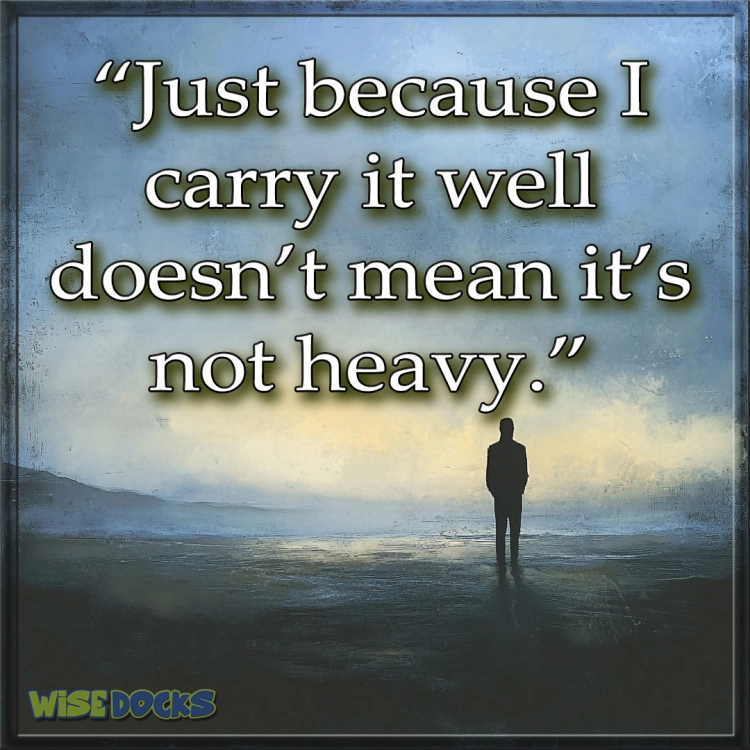
How Technology Keeps These Words Alive
In our digital age, technology plays a role in keeping these timeless expressions alive. Social media, blogs, and websites dedicated to quotes help spread these words far and wide. They’re easy to share, easy to remember, and, most importantly, they stick with us. With just a few taps or clicks, anonymous wisdom can reach millions, inspiring and connecting people across the world.
Why Anonymous Quotes Matter
These quotes remind us that wisdom doesn’t always come from a podium or a published book. It can come from anywhere—a passing conversation, a hand-scrawled note, or a whispered encouragement. Their value is in the message, not the messenger, and in the end, that’s what makes them resonate so strongly. They aren’t bound by the identity of their speaker; they’re free to be what we need them to be, whether that’s a guiding light, a comforting thought, or just a little bit of clarity in a chaotic world.
Anonymous quotes might not have a name attached to them, but they carry the voices of countless people across time. They are words without owners, belonging to everyone who hears them and finds meaning in them. They remind us that sometimes the truest things are the ones that don’t need a signature to prove their worth.
